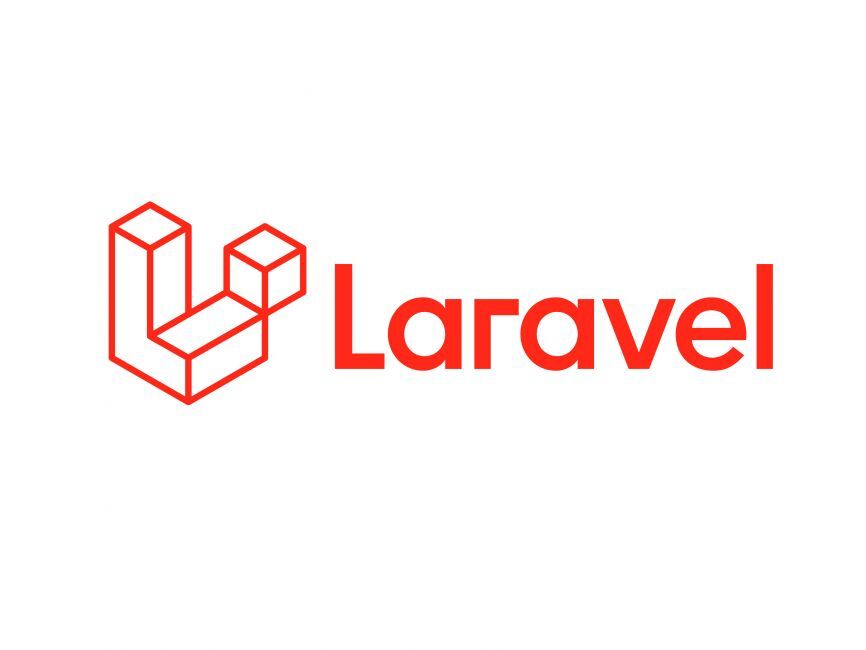part 2
application of voice
A MindMeld study shows an increased desire from users to use search more “72% of users predict they would engage more with voice assistants if these improvements were made” and that as improvements develop, the demand for voice will increase vertically across the application landscape.
It is estimated that voice users have twice the variety of apps in use than non-voice (quiet?) users. Again this suggests that a level of new tech adoption and experimentation is what will fuel the growth - the increased pervasiveness of voice search and the way it is being made to be more relatable are there to encourage its uptake.
where do we target?
search engine differences
At home, Bing currently dominates voice search. But! Google dominates mobile especially now that Siri is functioning off Google rather than Bing for mobile only.
There is a disparity between the two and the way that static and mobile voice search differ in their use from a searcher perspective and from search engine delivery.
Bing is present in Alexa, Echo, Hound, Cortana. Google… well is in Google. The main difference is really whether static or on the go, and while Bing might have the upper hand right now form a voice search perspective at home, this might shift as we forgo screens in favour of immediate answers. Both search engines need to be considered but for different things. Voice search volumes suggest that Google searches relate more to “going” whilst Bing favours “coming”. What I mean to say is that Bing and static devices are seemingly used to bring things to them whilst Google is more dynamic in the sense that “I” am looking to find something or go somewhere… and this is where voice and mobile gets very interesting from a marketing perspective.
mobile voice search
“Where” has oft been seen as a weak qualifier in search. As a digital marketer if I am bidding on terms wanting users to buy, “where”, “how do I”, are a waste of valuable clicks. This is changing. The landscape of search is developing beyond Homo Habilis grunting “BUY THINGS”, and moving to “where is the best place to buy this thing”. This has been propelled by voice search and the nature of mobile use - hence the initial build up!
A recent study shows that 82% mobile searches are for local businesses. Of these 50%, visit said business… and of those searches for local businesses, 18% lead to a conversion within 24 hours.
Getting in on “where” is where the highest conversion rates are lingering, albeit offline which does make tracking a bit of a faff. Nonetheless with the increasing use of mobile and voice this is something that needs to be reinforced.
optimising for SEO
Well SEO is really what will have more impact on Google mobile voice search, more so than Bing. The reason for this is the way in which the information if returned to the user as well as the sheer volume of search. Remember with voice search and mobile, if you are not present within the first look, your impact will be significantly lessened… something which ties into our almost petulant way which we demand information “Now!” and our diminishing attention spans.
-
Update your content - relevancy appears to be affected to an extent by up to date content. If your article is 3 years old with now updates, it is probably seen as prehistoric. Keep useful content updated!
-
Long tail - review your long tail search terms. This is where the majority of searches reside and where they will continue to length. What is it your searchers are looking for?
Keywords of course are still as valuable as ever, though not on their own. You need to provide context so consider this when updating your pages. Fit them into your long tail answers.
-
Answer the questions your users want answering. This is the real crux of it. As search becomes more conversational responding in a way that will be translatable back to the user will help enormously. You aren't just giving information out, you are giving the information the way that you are being asked - it's a more ‘personal’ delivery.
Use schema to reinforce what you are saying. Any digital marketer knows the value of schema, but with the trends moving the way in which they are, it is of increasing importance. Make sure that if someone asks for your number, Google knows unequivocally what to present them. Try to remember the attention span conundrum - how can you tell people what they want before their interest wanes? Make sure that the information is available as readily as possible and empower search engines to present that.
Location is the real selling point and make sure that your map listings are accurate & informative. “Where” is the new “buy”!
PPC
Google has not monetised mobile... yet. Desktop, yes. But Google is not really focusing on static delivery. That remit is very much in Bing’s sphere of influence and shopping/PLAs have an increasing value here.
Regarding Bing, look at your longer tail terms. Separate out search terms and use the ad copy to answer questions directly.
Will Google monetise mobile search? It’s likely. But the delivery focus is currently different. It’s trying to be more engaging rather than simply mirroring desktop searches. It is catering to our impatience and delivering as few answers as possible, in an actionable way.
what do we need to do?
Mobile will grow in use. Voice will grow in adoption. Technology will become more interactive.
Though is there an immediate change? Well no, not to the extent that you need to put all your budgets into new strategies.
As voice search will continue grow, its increased adoption will make it more commonplace. Though as of this moment, rather than redefining your strategy, reinforce the current best practice.
Optimise for mobile. Separate search terms into dedicated ad groups for PPC. Get those keywords in and your content rich! But nonetheless be mindful of changes and shift your tone to giving more conversational responses. As the uptake for voice grows and our use of visual results makes way, we need to be able to answer our target search queries as quickly as possible, as humanly as possible.





